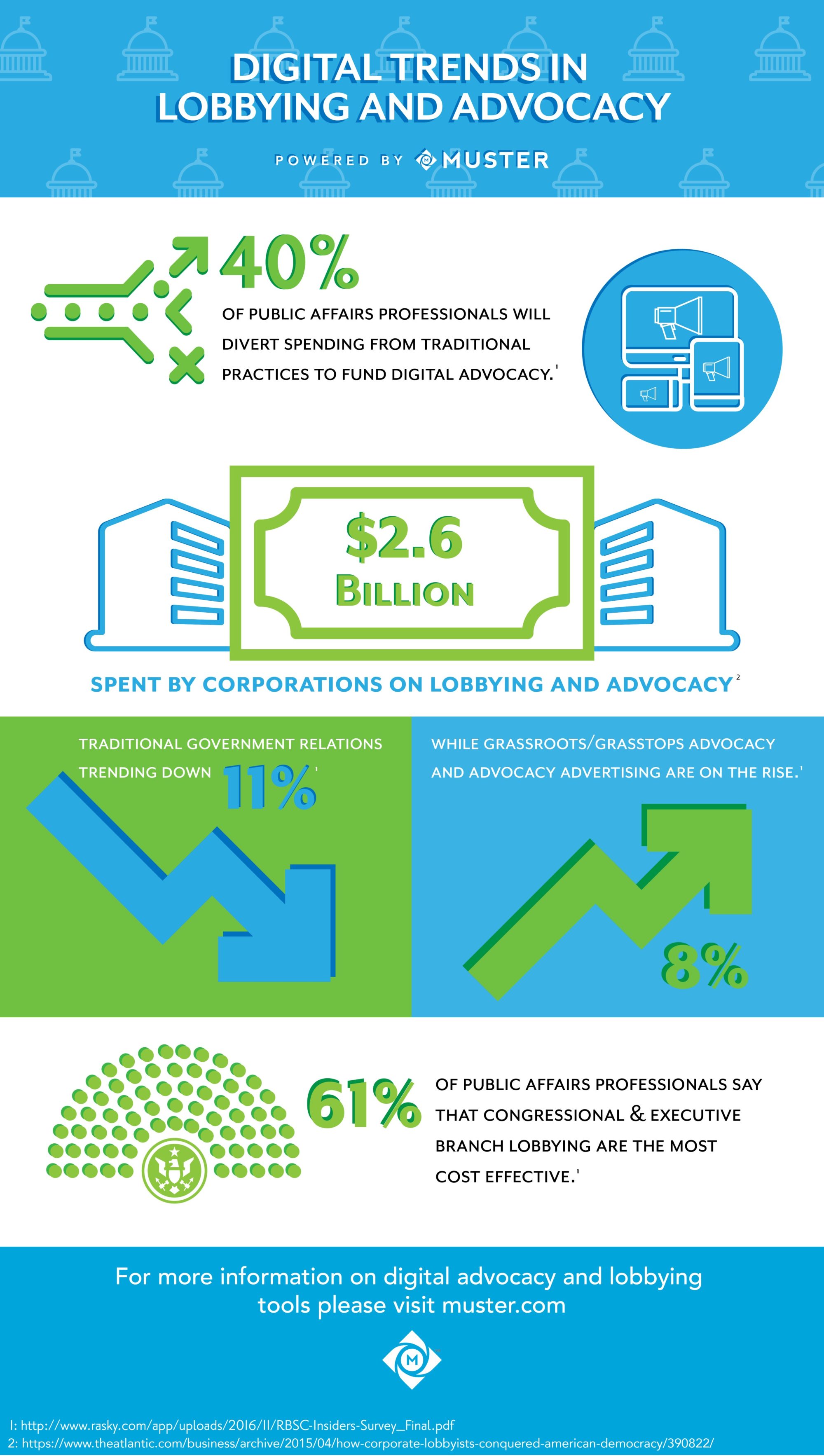Whether it’s social justice, climate action, human rights, or workplace reform, your voice matters. More importantly, your actions matter. But effective advocacy isn’t just about shouting louder than others. It’s about building meaningful momentum, earning trust, and driving sustainable change—step by step, story by story.
Everyday People, Everyday Advocates
Advocating for a cause requires more than passion. It demands clarity of purpose, emotional intelligence, and strategic engagement. People often think that advocacy is reserved for professionals—lawyers, politicians, or lobbyists. But in reality, advocating is for everyone. It can be as bold as leading a protest or as personal as having a tough conversation with a colleague or family member. The point is to speak up when it matters—and do so with impact.
Speak Up, Don’t Shout Over: The Art of Respectful Advocation
In a world where voices clash louder than ever, true advocation isn’t about volume—it’s about presence. Let’s be clear: advocation does not mean shouting others down or overpowering opposing views. Instead, it’s the deliberate and courageous act of standing firmly in your values while creating space for reflection and connection.
The Difference Between Noise and Impact
There’s a difference between advocating and dominating. When advocation becomes a performance—loud, reactive, and unyielding—it loses its power. Real impact comes from a message shaped with clarity and compassion. Effective advocation allows people to hear you, not just endure you.
Listening as a Form of Leadership
If you want your words to land, you must understand the landscape you’re speaking into. True advocation requires more than just passion—it demands perception. It means listening deeply, recognizing context, and addressing the heart of an issue without diminishing your own stance. You’re not surrendering your beliefs—you’re strengthening them through respectful communication.
Tailoring the Message Without Losing the Mission
Some people think that adjusting language or tone weakens the core message. That’s not the case. Strategic advocation involves refining how your message is delivered, not what it stands for. It’s the difference between building a bridge and throwing a brick. You can reach more people when your words are shaped to connect rather than confront.
Holding Space for Growth
True advocation includes the humility to admit that you don’t know everything—and the openness to grow. When you advocate with empathy, you invite progress. You’re not just pushing for change; you’re modeling it. This kind of advocation doesn’t just influence policy or perception—it transforms relationships and reshapes culture.
Start With Your “Why”
Advocating in today’s world starts with self-awareness. Ask yourself: Why does this issue matter to me? What lived experiences or observations have shaped my conviction? When you understand your “why,” your advocacy becomes more resilient. You’re less likely to be derailed by criticism or discouraged by slow progress. You’re also more able to connect authentically with others who may not yet share your perspective but are open to understanding it.
Caring Deeply Can Be Draining
The emotional toll of advocating shouldn’t be underestimated. It can be exhausting to care so deeply about something in a world that often seems indifferent. You might find yourself navigating burnout, especially if you’re constantly exposing yourself to distressing news or engaging in emotionally charged debates. That’s why a sustainable advocacy practice includes rest, boundaries, and community. You’re no good to your cause if you’re constantly running on empty. Advocating also means taking care of yourself so you can continue the work tomorrow.
Stories Move Hearts—And Policies
Another important aspect of advocating is storytelling. Data and statistics are powerful, but stories connect us on a human level. When you tell your story—or amplify the stories of others—you make the abstract real. You turn policy debates into personal narratives, and that’s where transformation begins. Advocacy that leads with empathy has the power to change minds and move mountains. It’s not just about what’s right—it’s about what resonates.
Digital Advocacy: Power and Pitfalls

In the digital age, advocating comes with new challenges and new opportunities. Social media can elevate voices previously unheard, but it can also become an echo chamber or a battleground. Before you post, pause. Is your message constructive or performative? Are you contributing to the conversation or just adding noise? True advocacy builds bridges. It doesn’t burn them for attention. Thoughtful engagement—both online and offline—is how change sticks.
Quiet Advocacy Is Still Advocacy
It’s also worth recognizing that advocating doesn’t have to be loud to be powerful. Some of the most effective advocates work quietly behind the scenes—organizing, mentoring, lobbying, or writing policy proposals. Others advocate through their art, writing, or business practices. What matters most is not the method but the intention. Advocacy takes many forms, and all are valid if they align with your values and move the needle forward.
Having the Hard Conversations
Sometimes advocating for what you believe in means confronting people you care about. That’s never easy. It requires courage to challenge a friend, a boss, or a family member when their views or actions conflict with your values. But silence can be complicity. Choosing to speak up—calmly, respectfully, and firmly—can open the door to change in places you least expect. And even if it doesn’t, you will know you stayed true to yourself.
Don’t Let Slow Progress Discourage You
Progress is rarely instant, and advocacy work is no exception.
You may find yourself asking, “Is advocating even worth it if I don’t see immediate results?” The answer is yes—resoundingly, yes. Advocacy work isn’t about overnight change. It’s about planting seeds that may grow over time into something bigger than you imagined. Social justice, policy reform, and cultural change all demand time, perseverance, and resilience.
Advocacy Work Is a Long Game
True advocacy work is not a sprint—it’s a marathon. Movements that now seem inevitable or even mainstream often began as radical whispers, resisted or ignored for years. Think of civil rights, gender equality, climate action—none of these transformations happened quickly or easily. The people behind them kept pushing, kept showing up, even when no one else seemed to be listening.
It’s important to recognize that slow progress is not no progress. Each rally, conversation, vote, and shared story inches us closer to collective evolution. Advocacy work is about momentum, not speed.
Every Action Adds Up
In advocacy work, small efforts are not insignificant—they are foundational. A single social media post might spark reflection in someone who has never considered a particular issue. A quiet conversation at a family dinner might challenge inherited beliefs. These moments don’t always go viral, but they matter. They shape opinions, influence decisions, and ripple outward.
Change often begins where visibility ends. Advocacy work thrives in these unseen moments—the personal stands, the handwritten letters, the tireless community meetings. What feels like slow motion is actually sustained movement.
Measuring Impact Beyond Headlines
Not all victories come with media coverage or sweeping legislation. Sometimes, the impact of advocacy work is deeply personal: a young person feeling less alone, a marginalized voice finally heard, a community starting to believe in its own power. These quiet shifts often precede bigger, more public wins.
When we only measure success by speed or size, we risk overlooking the transformative power of persistence. Advocacy work is meaningful not because it’s easy, but because it’s necessary—and because someone needs to carry the torch before others even recognize the light.
According to forbes.com : One key reason winners keep winning is their ability to stay resilient when faced with failure.
Keep Showing Up—Even When It’s Hard
The reality is that advocacy work often feels thankless. There will be days when it seems like no one’s listening, like nothing is changing. Those are the days that test your purpose. And those are the days that matter most.
Every time you speak up, educate, organize, or simply refuse to stay silent, you are helping shift the narrative. You’re not just reacting to injustice—you are shaping a future where fewer people will have to fight the same battles.
Progress Without Perfection
You don’t need to have all the answers to participate in advocacy work. You don’t need a platform with millions of followers or a perfectly worded argument. What you need is a commitment to keep learning, listening, and doing what you can from where you are.
Advocacy work is messy, imperfect, and deeply human. It requires humility, flexibility, and the courage to keep going, even when progress is slow or setbacks are frequent. But it is always—always—worth it.
The Legacy of Persistence
Some of the most powerful change-makers in history never lived to see the fruits of their advocacy work. That doesn’t make their efforts any less impactful. In fact, it underscores a crucial truth: advocacy work is about legacy. It’s about lighting the path for those who come after you, trusting that your efforts are part of something much larger.
You are contributing to a lineage of voices and actions that challenge injustice and demand better. Even if you never witness the finish line, your steps forward help pave the way.
Advocate in Your Own Way

If you’ve ever felt too small to make a difference, remember that advocating isn’t about doing everything. It’s about doing something. Use your voice in the spaces you occupy—your workplace, school, neighborhood, or online community. Advocate in the way that aligns with your strengths. Are you a writer? Use words. An artist? Use visuals. A leader? Mobilize others. A listener? Offer support and space. Every action adds weight to the cause you care about.
Learning Is Part of the Work
And don’t forget that advocating includes learning. Being an effective advocate means staying curious, checking your biases, and being willing to grow. Sometimes that means admitting when you’re wrong, or when your approach isn’t landing the way you intended. This humility doesn’t weaken your stance—it strengthens your impact. People are more likely to join you when they see you’re open to evolving, not just preaching.
The Joy of Purposeful Advocacy
Advocating can be incredibly fulfilling. It connects you with a purpose beyond yourself. It links you with others who share your values and vision. It turns frustration into fuel and hope into action. In a world that often feels chaotic and overwhelming, advocacy offers a pathway to agency. It says: I care. I will act. I will not be silent.
You Don’t Need to Wait—Start Now
So if you’re wondering when to start advocating, the answer is: now. Start where you are. Use what you have. Speak the truth as you know it, and stay open to learning more. The world needs your voice—not because it’s perfect, but because it’s yours. And every time someone chooses to advocate with intention, the world shifts a little closer to justice, compassion, and truth.
Andrea Balint is a writer and researcher focused on human behavior, workplace psychology, and personal growth. Through her work at CareersMomentum, she explores how mindset, leadership, and emotional intelligence shape modern careers. With a background in communication and HR development, she transforms complex ideas into practical insights that help readers build clarity, confidence, and professional purpose.
